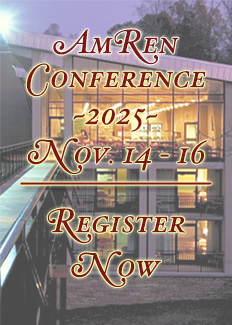AG Holder’s Battle for a Hate Crimes Law
Earl Ofari Hutchinson, New America Media, June 21, 2009
An odd thing happened the day before Attorney General Eric Holder demanded a tougher hate crimes law. The U.S. Commission on Civil Right–of all groups–wrote a letter to Senate leaders demanding that the Senate reject a tougher hate crimes law.
The commission didn’t just oppose a tougher law, it passionately opposed it. It claimed hate crime laws trample on state sovereignty, create a whole new class of victims (i.e. gender and sexual preference victims), and even more bizarrely, snatch away the rights of a defendant to get a fair trial in a state court. {snip}
That has been the ritual complaint the few times that federal prosecutors have tried and convicted civil rights-related cases over the years, such as those involving the Klan, nightriders, the Los Angeles cops that beat Rodney King, and a handful of others. Holder is hearing all of this again. And that is one reason the House until lately, and now the Senate, has ducked, dodged, and stalled passing the kind of hate crimes law that Holder wants.
But even without the roadblocks that conservatives throw up to scuttle a tougher hate crimes law, nailing hate mongers has always been tough sledding. Hate crimes prosecutions are a muddled, fuzzy area clouded by narrow federal legal statutes, and worse, politics. {snip}
In racial hate cases, for instance, simply pillorying someone with racial epithets while committing a physical assault against them might not pass the legal muster of what is a hate crime. The crucial element is whether the racial epithets shouted at the victim were incidental or the precipitating factor in the attack. {snip}
Then, there’s the even more muddled picture of how much actual hate violence there really is in America. The Southern Poverty Law Center in its annual report for 2009 says that the number of hate groups now nudge nearly 1,000. The National Coalition of Anti Violence Programs says that there were nearly 30 hate related murders in 2008, the highest number in a decade. Gay rights groups claim that attacks on gays have climbed.
Yet, the figures on hate violence give a hazier picture. According to recent FBI Hate Crime Reports, the number of reported hate crimes in the United States has remained fairly steady, hovering between 7,000 and 9,000 during the past decade. In most states, hate crimes have dropped to record low levels. In California, the number of hate crimes dropped by more than half from 1996 to 2002.
The Bush administration took note of that. Despite loud protests from civil rights groups to bring more hate crime prosecutions, it did just the opposite. Justice Department figures showed a 60 percent plunge in hate crime investigation referrals during the Bush years. But Bush was hardly the only president who didn’t make hate crime prosecutions a priority. The White House foot-dragging on hate crimes has nothing to do with racial double standards and everything to do with politics and practicality.
Federal prosecutors don’t really want to bring criminal civil rights cases before the court. They see them as no-win cases with little political gain and lots of risk of making enemies of local police, DAs and state officials. The rare time that the feds cracked down on civil rights violence was during the 1960s civil rights battles.
{snip}
















